Tag: political science
-
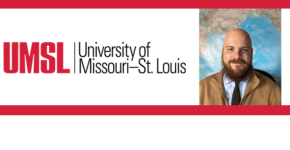
Stephen Bagwell, University of Missouri St. Louis – Respect for Human Rights Declined During the Pandemic
The pandemic hasn’t just affected our health, it’s affected our rights, too. Stephen Bagwell, assistant professor of political science at the University of Missouri St. Louis, asks why. Stephen Bagwell is an assistant professor of political science at the University of Missouri—St. Louis. His research focuses on the causes and consequences of political violence-with a…
-
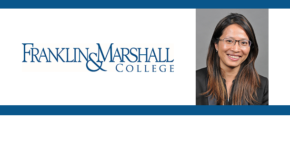
Wei-Teng Yen, Franklin & Marshall College – Does Economic Insecurity Increase People’s Support for More Social Transfers
On Franklin and Marshall College Week: Messaging is key when discussing social programs. Wei-Teng Yen, assistant professor of government, explains why support can hinge on the words used to describe the program. Wei-Ting Yen is currently Assistant Professor of Government Department at Franklin and Marshall College. She holds her Ph.D. in Political Science from The…
-
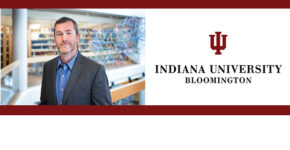
Timothy Waters, Indiana University Bloomington – Rethinking Secession
With America once again polarized, secession is back in the headlines. Timothy Waters, professor of law at Indiana University Bloomington, examines secession and whether it could be a good thing. Timothy Waters is a professor at Indiana University, where he writes on secession and war crimes. He is the author of Boxing Pandora: Rethinking Borders,…
-
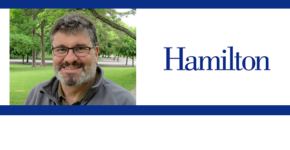
Peter F. Cannavo, Hamilton College – Climate Migration: Facing the Inevitable
Many stand to lose their homes and towns in the face of impending climate change. Peter F. Cannavo, professor and chair of government at Hamilton College, determines best practices going forward. Peter F. Cannavò works and teaches in the areas of political theory; environmental theory and politics; climate politics; and geography and the politics of…
-
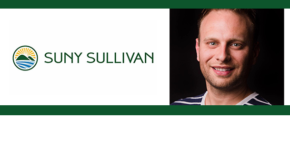
Kenneth Luck, SUNY Sullivan – Conspiracy Theories
Conspiracy theories are no longer just on the fringe of society. Kenneth Luck, assistant professor of media arts at SUNY Sullivan, explains why. Kenneth Luck, Ph.D., is an Assistant Professor of Media Arts at SUNY Sullivan. He holds degrees in Political Science, Education, and Human Development. In 2017, he produced and directed “Opioid Nation: The…
-
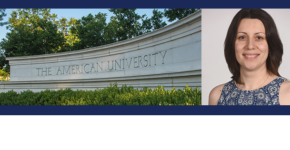
Anna Amirkhanyan, American University – Are We Biased Against Government?
Trust in government is said to be at an all-time low. Anna Amirkhanyan, professor of public administration and policy at American University, digs down to find out if national trends are just spin. Anna Amirkhanyan is a professor of public administration and policy at American University. Her research focuses on public and nonprofit management, organizational…
-
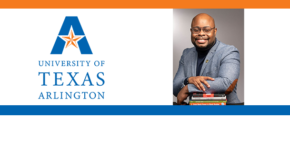
Frederick Engram, University of Texas at Arlington – Teaching The Truth Should Not Be Controversial
Teachers aren’t always allowed to teach what they believe. Frederick Engram, assistant professor of instruction at the University of Texas at Arlington, explains why. Dr. Frederick V. Engram Jr, is an Assistant Professor of Instruction with a joint appointment in the Department of Criminology/Criminal Justice and the Center for African American Studies at the University…
-
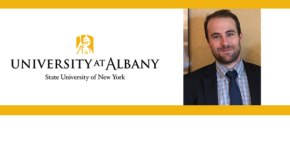
Nolan Fahrenkopf, University at Albany – The Security of Arms Transfers During the War on Terror
Transferring weapons can have deleterious effects. Nolan Fahrenkopf, research fellow at the Center for Policy Research at the University at Albany, determines how some may get into the wrong hands. Nolan Fahrenkopf is a research fellow at the Center for Policy Research (CPR), at the University at Albany. He has extensive policy and research experience…
-
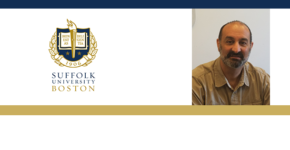
Eric Bellone, Suffolk University – The Insular Cases and U.S. Territories: The Constitution Should Follow the Flag
Citizens of U.S. territories do not have all the benefits that their mainland counterparts do. Eric Bellone, assistant professor of government and applied legal studies at Suffolk University, examines the reasons. Eric Bellone is an Assistant Professor of Government and Applied Legal Studies at Suffolk University in Boston, Massachusetts. He received a B.S. in Economics…
-
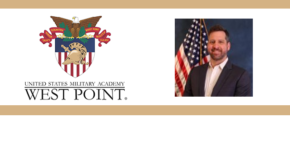
Jason Warner, United States Military Academy – Africa: The New Epicenter of Global Terrorism
There is a new hub of global terrorism. Jason Warner, assistant professor in the department of social sciences at the U.S. Military Academy, surveys this theater. Dr. Jason Warner is an Assistant Professor at the U.S. Military Academy (West Point) where he also serves as the lead of Africa research in the Combating Terrorism Center (CTC). He is…
